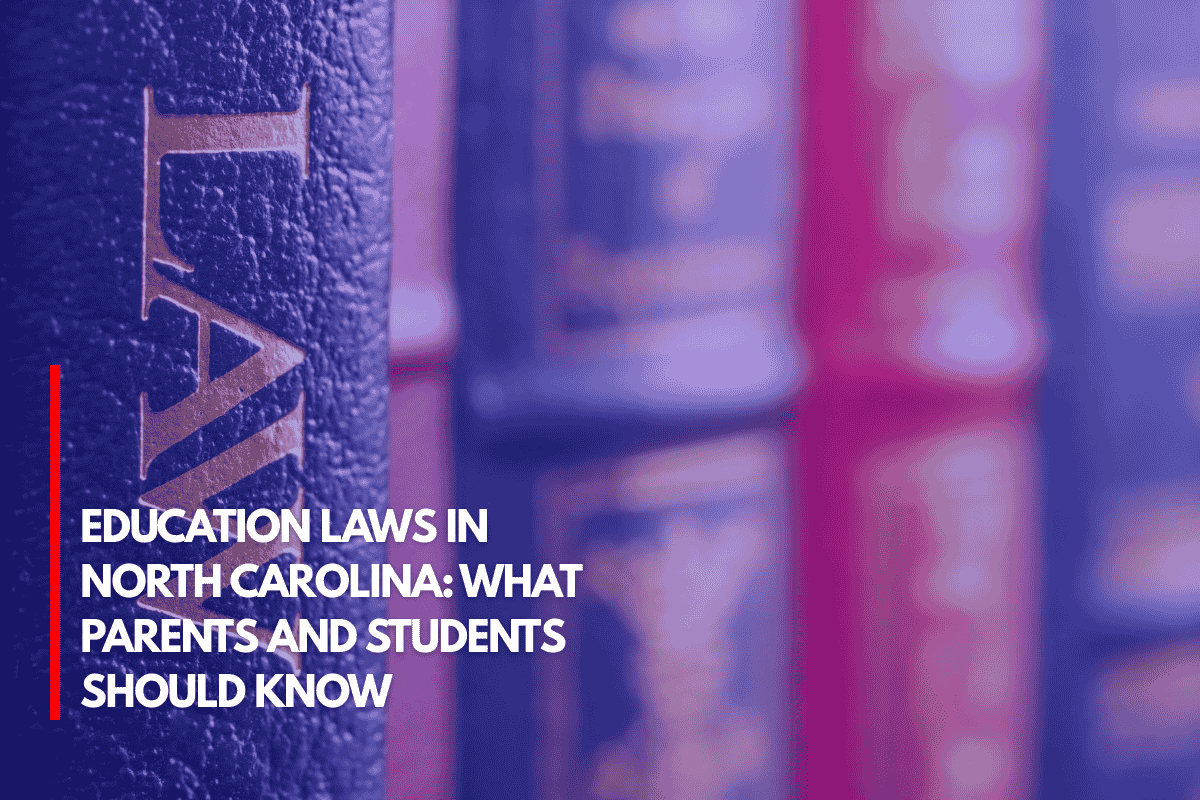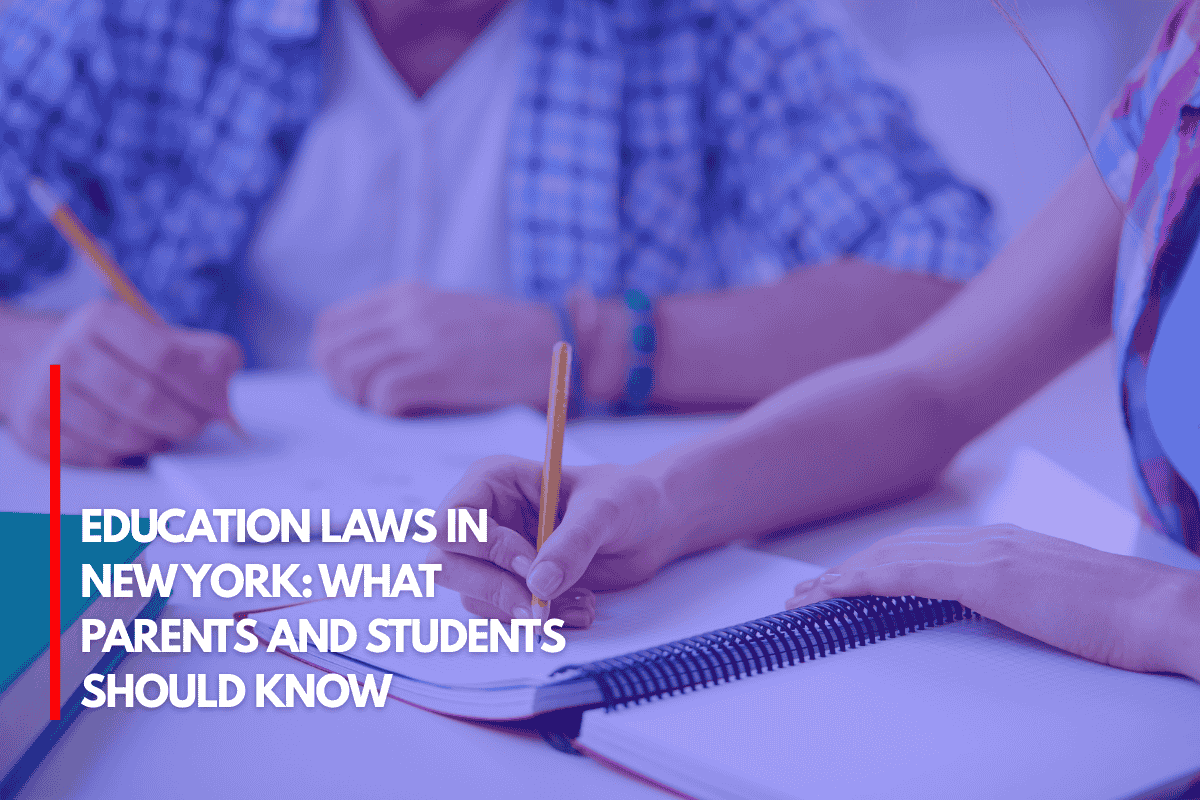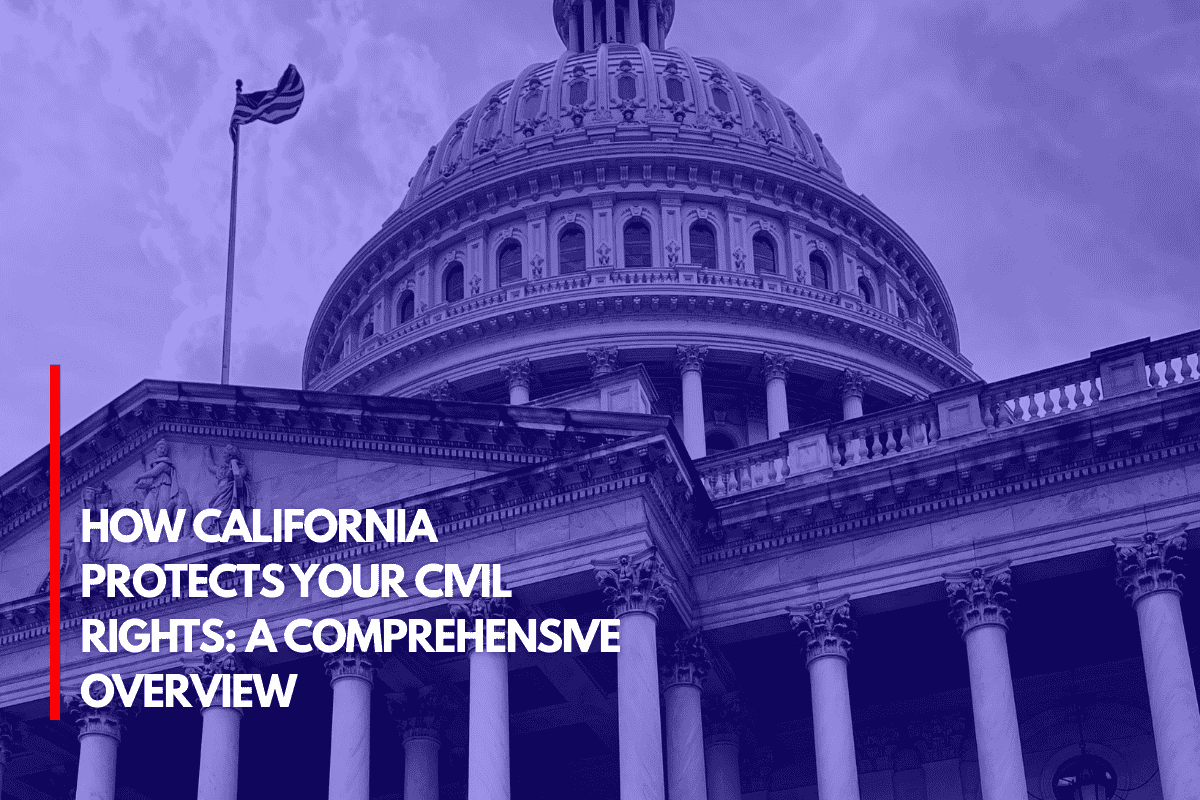As of 2025, North Carolina has passed a number of significant education-related regulations that have an immediate effect on parents and students. These laws are centered on protecting students’ rights, guaranteeing parental involvement in their children’s education, and preserving universal access to high-quality education.
An outline of these important laws and clauses can be seen below.
Parents Bill of Rights (S.L. 2023-106)
The Parents Bill of Rights, which went into effect in August 2023, gives parents more control and influence over their children’s mental health, education, and medical treatment.
The ability to examine educational materials and object to any information they believe is unsuitable has been granted to parents. Clear protocols for interacting with parents and resolving their issues must be established by schools.
If a parent wants a change in their child’s pronouns or if their child receives any health care, schools are also required to inform the parent. The bill’s prohibition on teaching about gender identity, sexual activity, or sexuality in kindergarten through fourth grade is another important clause.
Additionally, there is a formal procedure for parents to voice complaints to schools, which includes a 30-day official response period and a 7-day resolution timeline. Parental approval is necessary before minors get any medical procedures or treatments.
Student Rights in School
North Carolina students are entitled to a discrimination-free learning environment that includes safeguards for their emotional and physical well-being. It is expected of schools to make sure that kids feel supported and protected during their time in school.
Additionally, students are entitled to a variety of modifications that are tailored to their specific learning requirements, including 504 plans and individualized educational plans (IEPs).
In addition, students are urged to engage in extracurricular activities and can ask for the formation of new organizations at their schools. In order to assist kids get ready for life after graduation, schools also need to provide vocational counseling and college readiness.
Right to Education
Every child’s right to an education is guaranteed by the North Carolina Constitution, and it is the state’s responsibility to deliver this education in a free and consistent way. This guarantees that every student has an equal chance to achieve, irrespective of their background.
In the Leandro decision in 1997, the Supreme Court of North Carolina declared that pupils have a right to a good foundational education. This comprises mastery of fundamental disciplines including physics, arithmetic, geography, history, reading, writing, and vocational training.
Special Education Rights
It is the right of students with disabilities to continue attending school full-time and to get support services and education that are specific to their needs. North Carolina is working to stop pupils with disabilities from being disproportionately suspended or excluded.
In order to guarantee that these kids are not denied equal chances because of their disabilities, schools must give them access to high-quality special education services.
Additional Parental Rights
In North Carolina, parents have rights pertaining to their child’s education that go beyond the Parents Bill of Rights. Parents have the option to provide their approval or not for their child to take part in programs that educate them about reproductive health.
Additionally, parents are entitled to regular updates, including student report cards, evaluations for gifted or special education programs, and the ability to read their child’s assessment results.
Along with having the choice to opt in or out of data gathering pertaining to their child’s education, they can also take part in parent-teacher groups.
These rules guarantee that kids have access to a secure, equitable, and encouraging learning environment and give parents the ability to continue being involved in their children’s education.
References:












